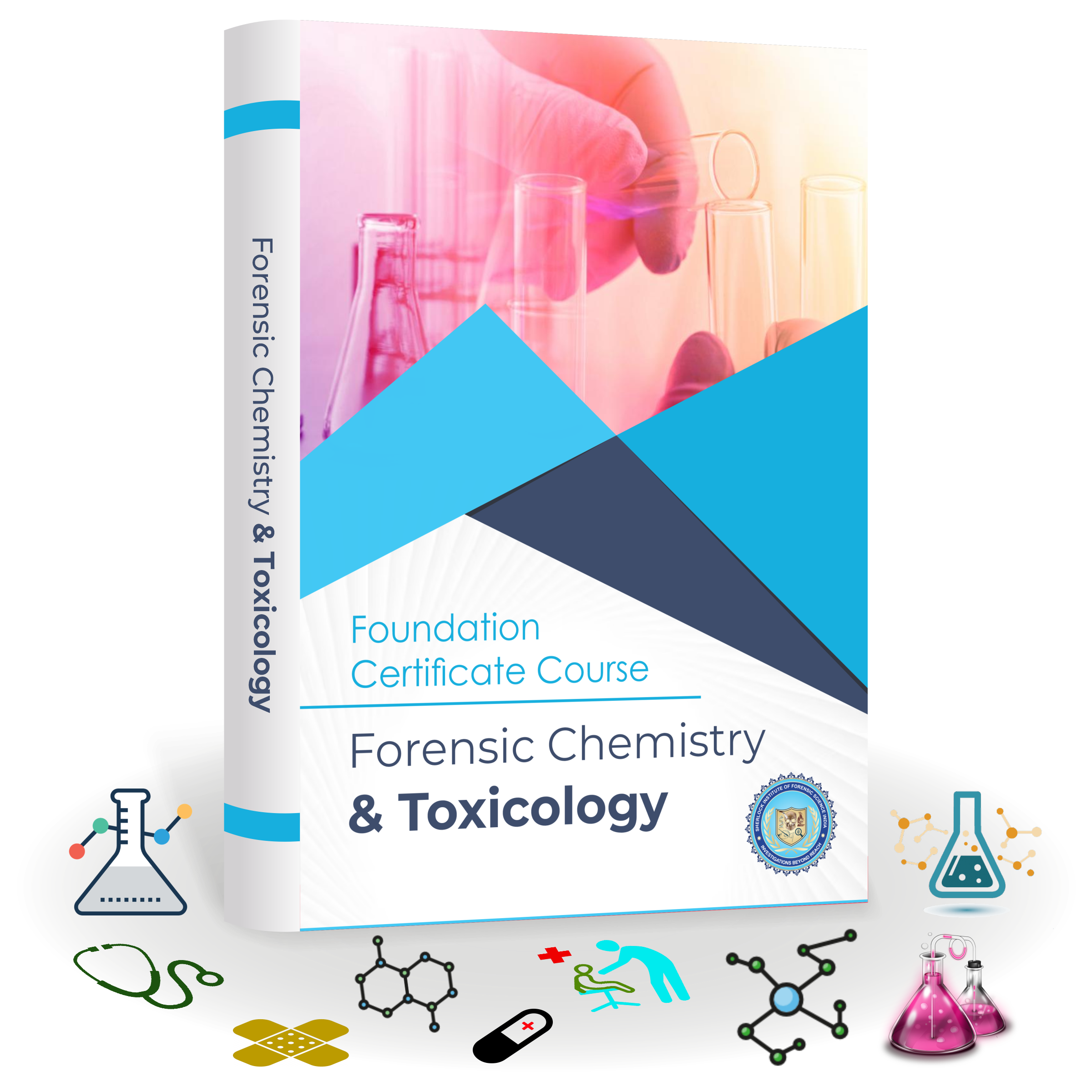It was a wonderful course. I gathered a lot of information and knowledge. The mentors were really nice and solved all my queries.

Certification
Foundation Course Certificate
Mode of Study
100% Online Start now and learn from anywhere
Learning Hours
15 hours of Video Sessions
Learning Medium
English
Learn Forensic at Your Own Pace, Master at Your Own Time!
Unlock Your Potential with Self-Paced Learning!
Learn Anytime, Anywhere
No schedules, no pressure! Study at your convenience
Go at Your Own Speed
Master concepts without rushing or slowing down
Full Access to Course Materials
Revisit lessons whenever you need
Expert-Led Content
Gain industry-relevant skills from top instructors
Perfect for Professionals & Students
Balance learning with your lifestyle
Affordable & Cost-Effective
No travel, no extra expenses, just pure learning!
Earn a Recognized Certification
Boost your resume and career prospects
Join Thousands of Successful Learners Today!
Enroll Now & Take Control of Your Learning Journey!
Forensic Chemistry and Toxicology involves analyzing biological and explosive evidence for legal purposes and providing information about toxins present, including drugs and their effect on the individual. The online Forensic Chemistry & Toxicology Foundation Certificate Course by Sherlock Institute of Forensic Science (SIFS India) is a comprehensive program designed for individuals who want to start their journey into the fields of chemical analysis, drug and toxic substance identification, and explosive substances and device assessments.
The pre-recorded course is taught by experienced instructors. The curriculum covers a wide range of topics, including chemical evidence detection techniques, laws and regulations, fire debris analysis, an overview of explosive substances, commonly abused drug analysis, pesticide analysis, the basics of food forensics, the interpretation of toxicological reports, etc. You will gain proficiency in forensic methodologies to analyze crime scene evidence, such as drug samples, blood, and bodily fluids, in order to support legal investigations.
Whether you are pursuing a career in forensic science, law enforcement, or related fields, this course will equip you with the skills required to make meaningful contributions to the field of forensic chemistry and toxicology, enabling you to assist in solving criminal cases and ensuring justice. Join us to enhance your knowledge of this crucial forensic science discipline that plays a significant role in criminal justice and public safety.
Become Proficient to Answer:
- What is the scope of forensic chemistry and toxicology and the importance of chemical evidence in investigations?
- What are the major sections of the Prevention of Corruption Act, 1988, and how does it relate to forensic chemistry and toxicology?
- How does the interpretation of fire patterns contribute to the investigation of fire and arson cases?
- What are the main characteristics of explosive substances, and how are they assessed and examined at explosion scenes?
- What is the chemical composition of various fractions of petroleum products, and how are adulterants in these products detected and analyzed forensically?
- What are the different types of alcohols, and how is illicit beverage analysis done from a forensic perspective?
- How is drug dependence characterized, and what is the scope and significance of the analysis of controlled substances?
- What is food forensics, and how does food product analysis relate to forensic chemistry?
- What are the fundamental principles of toxicology, and what are the classification criteria for poisons?
- What is the significance of the post-mortem examination and the collection of exhibits in cases of poisoning?
- What are the various types and formulations of pesticides, and how are they extracted and analyzed forensically?
- How are common volatile poisons, like alcohols, hydrocyanic acid, chlorinated hydrocarbons, benzene, etc., forensically analyzed?
- What are the different classifications of drugs in visceral samples, and how are they analyzed from a forensic perspective?
Learning Outcomes:
Analytical Proficiency: You will acquire strong analytical skills. These will enable you to accurately analyze and interpret chemical and toxicological evidence found at crime scenes or in laboratory settings.
Toxic Substance Identification: You will understand how to identify and classify toxic substances, like drugs, poisons, chemicals, explosives, and fire debris, and their effects in forensic investigations.
Forensic Laboratory Techniques: You will gain a basic understanding of different types of forensic laboratory equipment and methodologies that will help you conduct precise and reliable forensic analysis.
Evidence Interpretation: You will develop the ability to critically evaluate and interpret forensic reports, toxicology findings, and analytical data to provide valuable insights for legal proceedings.
Ethical and Legal Considerations: You will gain knowledge about the laws and ethics you must follow to practice as a forensic toxicologist to maintain professional conduct and prevent corruption.
Course Details:
Fee | National: 1770 INR (1500 INR + 18% GST) International: 50 USD |
Duration | 1 Month |
Eligibility | 12th Passed |
Session Timing | Learn at your own Pace |
Payment Details:
International Student : PayPal: forensicdocument@gmail.com
Account Details for National Student
Bank Name - ICICI BANK
Acc. Name - SIFS INDIA PVT. LTD.
Account No. - 663505500086
Type - Current
IFSC Code - ICIC0000160
Address - ICICI Bank, H-4, Model Town -III, New Delhi - 110009








